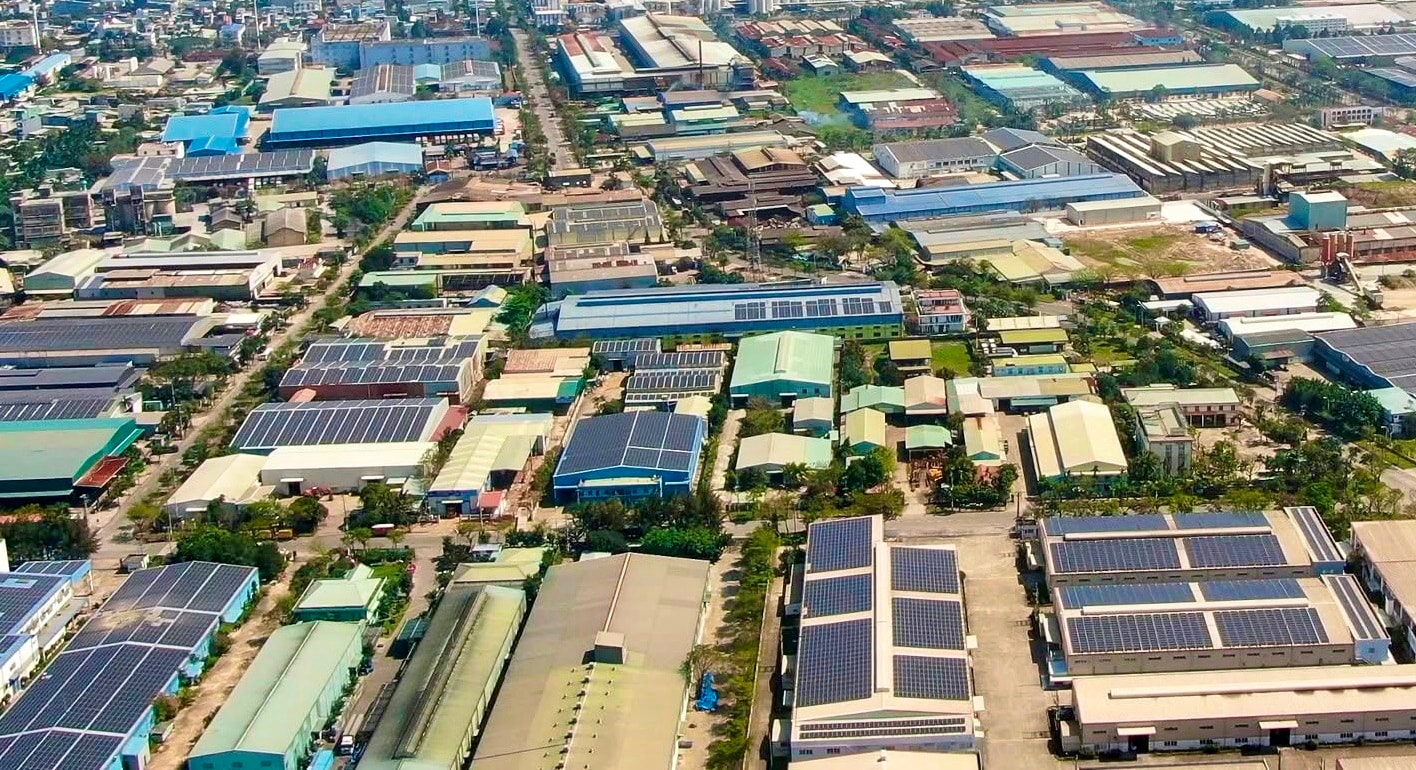
In the global trend towards green development, emission reduction and carbon neutrality, many enterprises exporting goods to the EU, US, Japan or South Korea markets are in need of credits to prove the use of clean energy sources in the production process. This requires the early formation of a domestic clean energy credit (REC) market.
Businesses must buy international credits
Currently, in Da Nang city, many businesses are installing rooftop solar power systems to serve both production and business activities and to demonstrate the use of clean energy and reduce carbon emissions for exported goods. However, businesses are still facing difficulties because state management agencies have not yet issued certificates or clean energy credits (RECs) for the use of renewable energy to produce products for businesses.
I-REC credits are calculated in units of energy consumption in MWh, while carbon credits are calculated in units of emissions in tons of carbon dioxide equivalent.
The purpose of using these two credits is different. I-REC credit is to prove that the business uses clean energy in the production process; while carbon credit proves that the business is committed to reducing greenhouse gas emissions.
Normally, I-REC credits are very difficult to convert to carbon credits.(MSc. Nguyen Thanh Cong, Deputy Head of Carbon Market Department, Department of Climate Change)
Director of Ba Loc Adhesive and Abrasive Fabric Production Company (Hoa Khanh Industrial Park) Nguyen Thanh Phuoc said: “My company and many other businesses are investing in rooftop solar power systems and using this renewable energy source towards green production. However, when contacting relevant State management agencies to ask about certification of clean energy products, the agencies have not yet issued the certification. The business hopes that the city will pay attention to this issue, so that businesses can more conveniently approach a variety of customers.”
Currently, many businesses seek out overseas units to issue international renewable energy credits (I-REC) to ensure production and export of products to markets that require them. However, businesses are confused about how to use and the reliability of I-REC credits and carbon credits, as both of these types of credits have not been legally completed and do not have specific regulations in Vietnam.
A representative of a business in Hoa Khanh Industrial Park expressed concern that the company is preparing to receive I-REC credits to demonstrate the use of clean energy and carbon emission reduction, but is not sure whether these credits can be used to offset carbon credits, as Vietnam is about to operate a carbon market. Obtaining I-REC credits or carbon credits takes a lot of resources, time and is not simple for manufacturing enterprises, so it is necessary to get approval to use one credit to replace the other.
I-REC credits are being widely applied.
Mr. Nguyen Tat Tu Linh, Director of Development and External Relations of SUN Energy Company, informed: Up to 95% of clean energy credits being traded on the international market are I-RECs and are being widely applied in many countries and regions of North America, Africa, Latin America, Asia - Pacific . When having this credit, it is internationally recognized and proves the commitment of the enterprise in complying with regulations on clean energy use and carbon emission reduction.
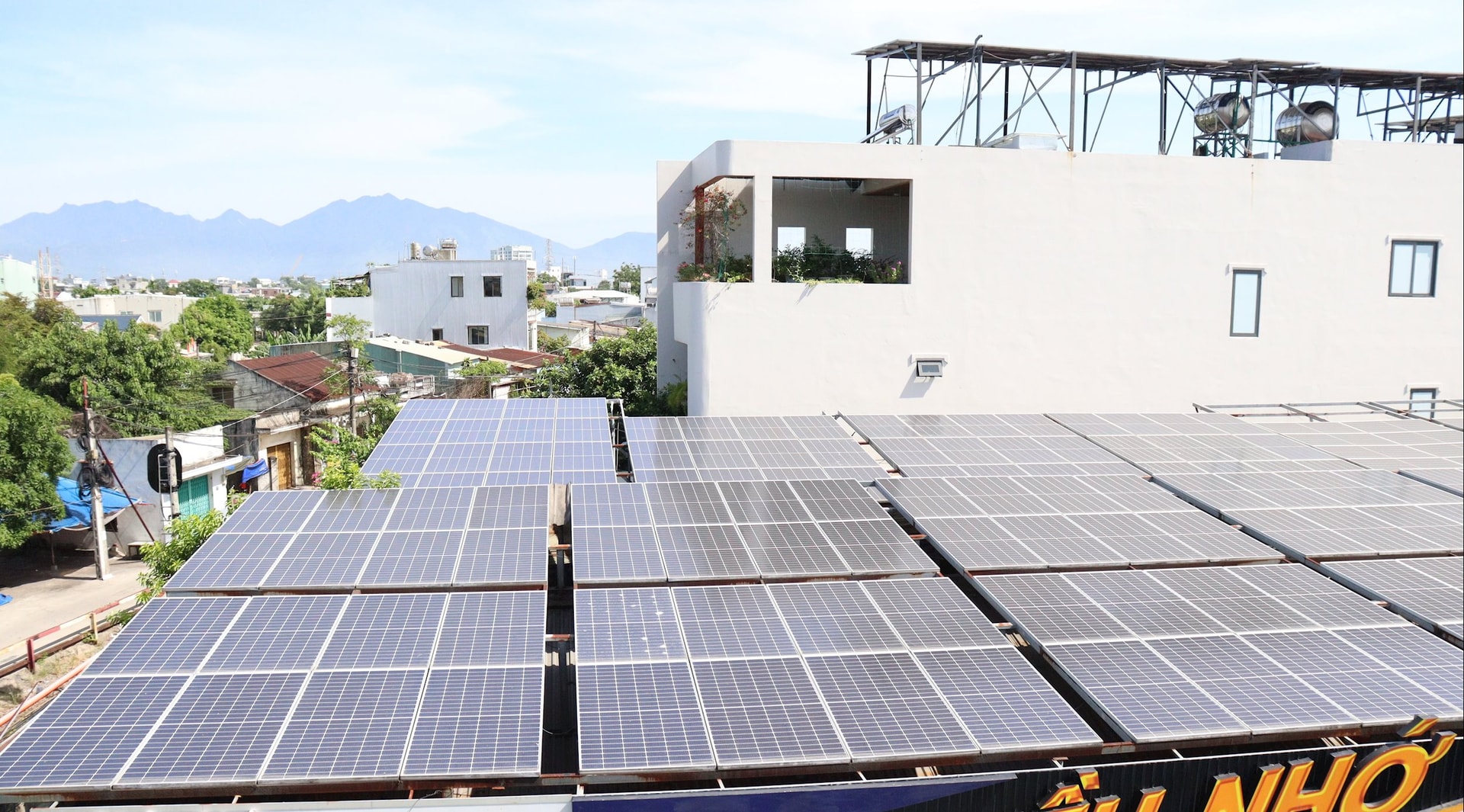
Enterprises that achieve I-REC credit can receive incentives from countries, especially tax incentives and increase revenue from selling credits, improve reputation, brand and increase competitiveness... However, to achieve I-REC credit, enterprises must perform a comprehensive set of services according to the advice of reputable units to be able to achieve this credit quickly as well as ensure that the renewable energy content in the product is clean energy.
According to Dr. Luong Quang Huy, Head of the Department of Greenhouse Gas Emission Management and Ozone Layer Protection, Department of Climate Change ( Ministry of Agriculture and Environment ), many Vietnamese enterprises have been buying international I-REC credits to prove that their products are produced with clean energy and to offset their emissions. However, the price of international I-REC credits is very low, much lower than the price of carbon credits.
Previously, the Ministry of Industry and Trade had directed to build a domestic REC market. After a period of pause to observe the international market, the Ministry of Industry and Trade recently restarted the construction of a domestic REC market to facilitate businesses to buy and sell clean energy credits as well as ensure management from the State agency.
Source: https://baodanang.vn/som-hinh-thanh-thi-truong-tin-chi-nang-luong-sach-trong-nuoc-3309222.html




![[Photo] Opening of the 14th Conference of the 13th Party Central Committee](https://vphoto.vietnam.vn/thumb/1200x675/vietnam/resource/IMAGE/2025/11/05/1762310995216_a5-bnd-5742-5255-jpg.webp)









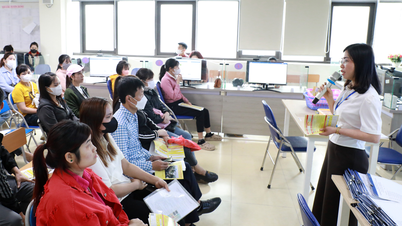





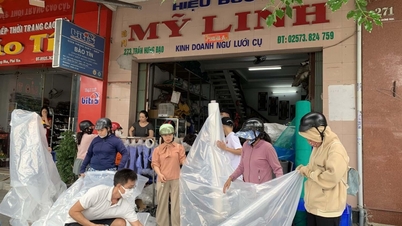

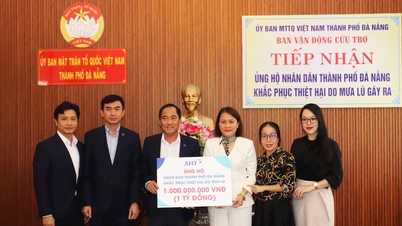


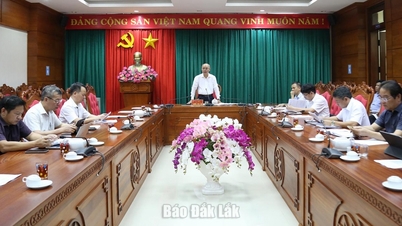
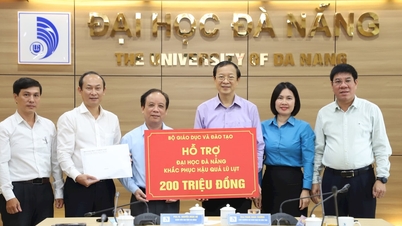







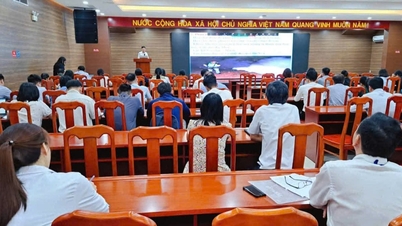

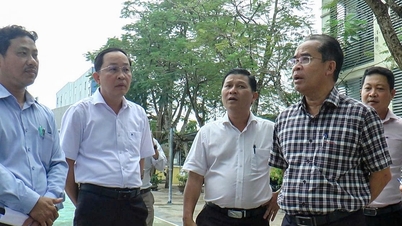


![[Photo] Panorama of the Patriotic Emulation Congress of Nhan Dan Newspaper for the period 2025-2030](https://vphoto.vietnam.vn/thumb/1200x675/vietnam/resource/IMAGE/2025/11/04/1762252775462_ndo_br_dhthiduayeuncbaond-6125-jpg.webp)






































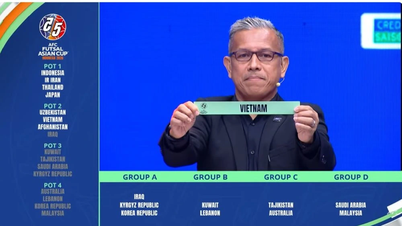
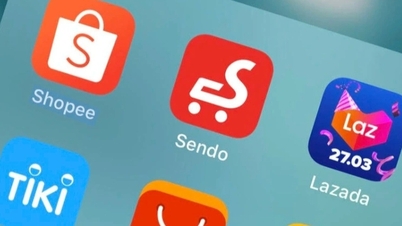




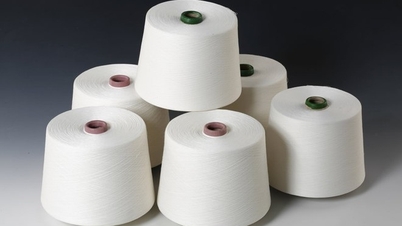

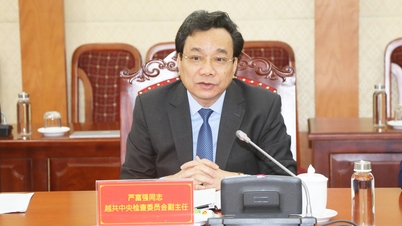

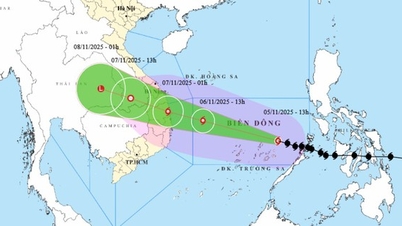






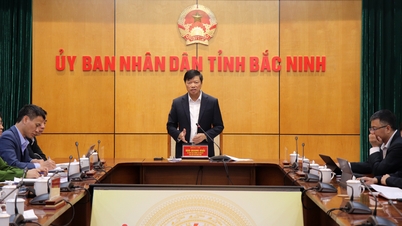




















Comment (0)